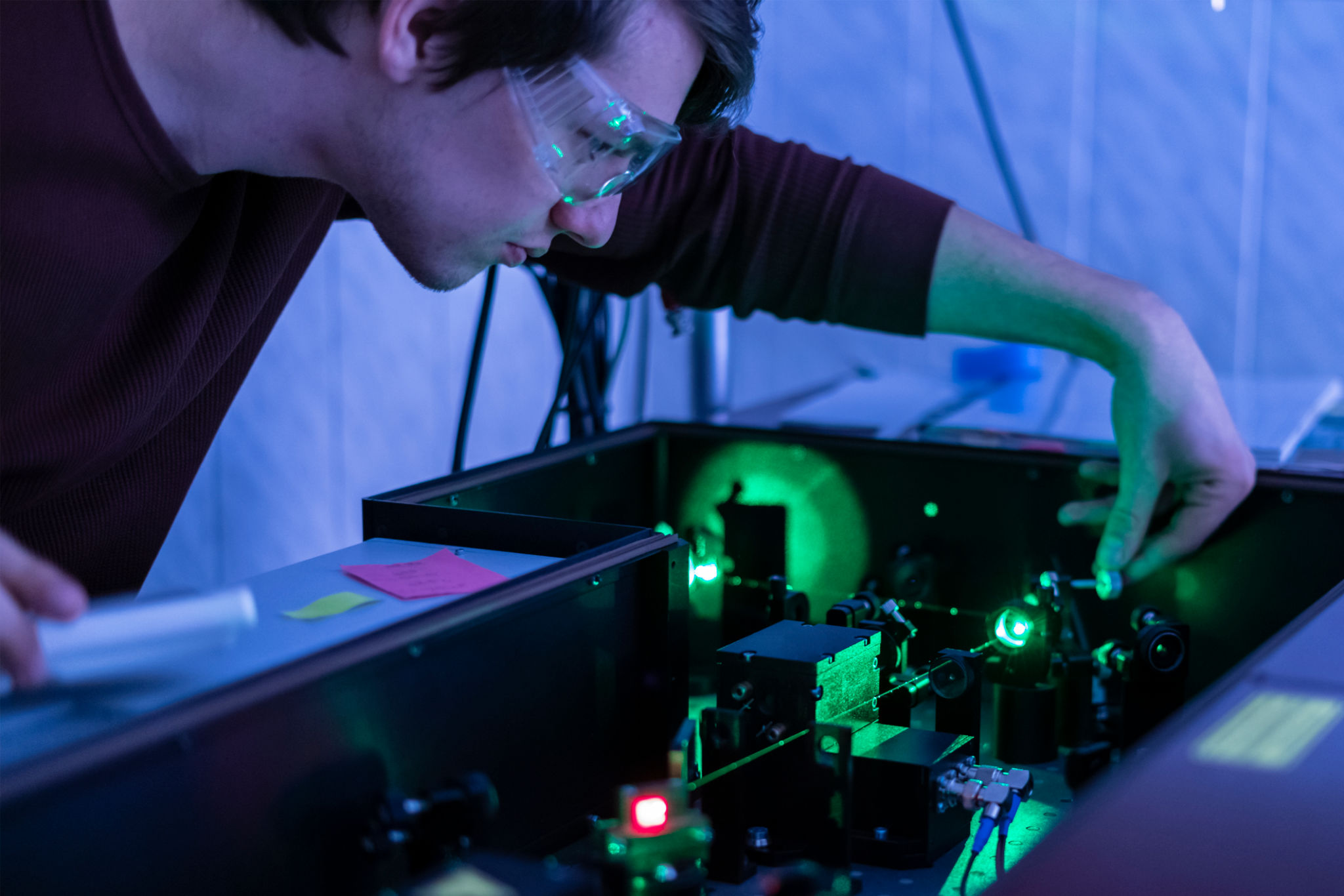Understanding the Basics of Quantum Computing
What is Quantum Computing?
Quantum computing is a groundbreaking field that leverages the principles of quantum mechanics to process information in ways that classical computers cannot. Unlike traditional computers that use bits as the smallest unit of data, quantum computers use quantum bits, or qubits. A qubit can exist in multiple states simultaneously, thanks to a phenomenon known as superposition, allowing quantum computers to perform complex calculations at unprecedented speeds.

The Building Blocks: Qubits
Qubits are the fundamental units of information in a quantum computer. They are unique because they can represent both 0 and 1 simultaneously, a feature enabled by superposition. This capability allows quantum computers to handle and process exponentially more data compared to classical computers. Moreover, qubits can be entangled, meaning the state of one qubit can be dependent on the state of another, even if they are physically separated. This entanglement property is vital for quantum computing as it enables entangled qubits to work together, exponentially increasing their computational power.
Superposition and Entanglement
Superposition and entanglement are two key principles that differentiate quantum computing from classical computing. Superposition allows qubits to perform multiple calculations at once, while entanglement provides the ability for qubits to be interconnected in ways that classical bits cannot achieve. Together, these principles enable quantum computers to solve specific problems much faster than their classical counterparts. For instance, tasks like factoring large numbers or simulating molecular interactions become feasible with quantum computing.

Applications of Quantum Computing
Quantum computing holds the potential to revolutionize various industries due to its enhanced computational capabilities. In the field of cryptography, quantum computers could both challenge and improve current encryption methods. Pharmaceutical companies can leverage quantum computing to simulate molecular structures and interactions, significantly accelerating drug discovery processes. Additionally, quantum computing can optimize complex supply chain logistics, improve financial modeling, and enhance artificial intelligence algorithms.
Challenges in Quantum Computing
Despite its potential, quantum computing faces several challenges that must be overcome before it can become mainstream. One of the primary challenges is maintaining qubit stability. Qubits are highly sensitive to their environment and require extremely low temperatures to function correctly. Moreover, developing error-correction methods for quantum computations remains an ongoing research area. As scientists and engineers continue to tackle these issues, progress toward practical quantum computers continues.

The Future of Quantum Computing
The future of quantum computing is promising yet uncertain. As technology advances, the possibility of achieving quantum supremacy—where quantum computers solve problems too complex for classical computers—draws closer. Leading tech companies and research institutions are investing heavily in developing practical quantum computers, aiming for breakthroughs that could transform numerous sectors globally.
Getting Started with Quantum Computing
For those interested in exploring quantum computing further, there are several resources available. Online platforms offer access to virtual quantum computers where one can experiment with basic quantum algorithms. Furthermore, understanding the foundational concepts of quantum mechanics can provide a deeper insight into how quantum computing operates.
As we stand on the brink of this technological revolution, understanding the basics of quantum computing is crucial for anyone interested in the future of technology and its potential impact on society.
